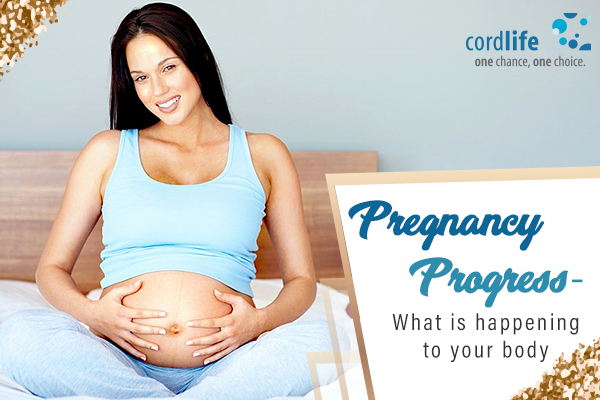Table of Contents
Pregnancy, the beginning of a new stage in a woman’s life, with all the changes that new stage can bring. It obvious that these nine months change the body of a woman in ways that she cannot comprehend herself. It’s important to know what’s happening to your body and your child, whether it’s morning sickness or unexpected bouts of pain. To be ready to accept this transition, you must have proper information about pregnancy.
The duration of childbirth usually lasts from 37 to 42 weeks. The entire cycle is divided into three trimesters. The first trimester starts from the moment of conception till the 13th week; the second trimester lasts from the 14th week to the 27th week; and the third trimester lasts from the 28th week until birth.
Each trimester has distinct characteristics and symptoms that clearly explain the stages of baby’s growth. So, you must know the way your baby grows every week, so you can take better care of the new life within you.
First Trimester
A missed period is the first sign of pregnancy. A woman can almost feel her daily routine shifting when pregnancy is detected. At more frequent intervals, she may need to eat smaller meals. She can feel tired too often and experience mood swings. But that’s completely normal, beginning to drastically alter the hormones in the body.
Here is some more information about the major symptoms of pregnancy and changes in the body of a mother during the first trimester-
- Frequent urination
- Tender or swollen breasts
- Constipation
- Fear or taste of certain specific foods
Second Trimester
Here is the golden period between all the stages of pregnancy! It’s when your baby bump starts showing up and by the end of the second trimester; you can feel the movements of your child as well!
These few weeks can be tumultuous for the mother as beautiful as it is. There are average shifts between weeks 14 and 27. Nausea and morning sickness that slowly disappear, but you will start to experience a collection of discomforts. The worst among them is in the groin back pain or discomfort. Because the weight of the baby increases rapidly, it falls directly on the lower abdomen of the mother.
Third Trimester
This is the last and most painful stage of childbirth. For the weight of her unborn baby, a mother may feel shortness of breath and difficulty in urinating. The belly button protrudes; there are swollen knees, hands and faces; extreme constipation and hemorrhoids are usual.
By the 37th week, the baby is considered to be fully grown, and its organs can now work independently. Eyes begin to blink on their own, and science says at this point they can even discern sounds. The voice of the mother is mostly what she gets familiar with. It begins to store in its body vitamins and minerals that will be used up once it is removed from the womb of the mother.
As you sit back and prepare for the new life in these nine months, read as much information about pregnancy as you can. It’s going to be good for you and your baby!
